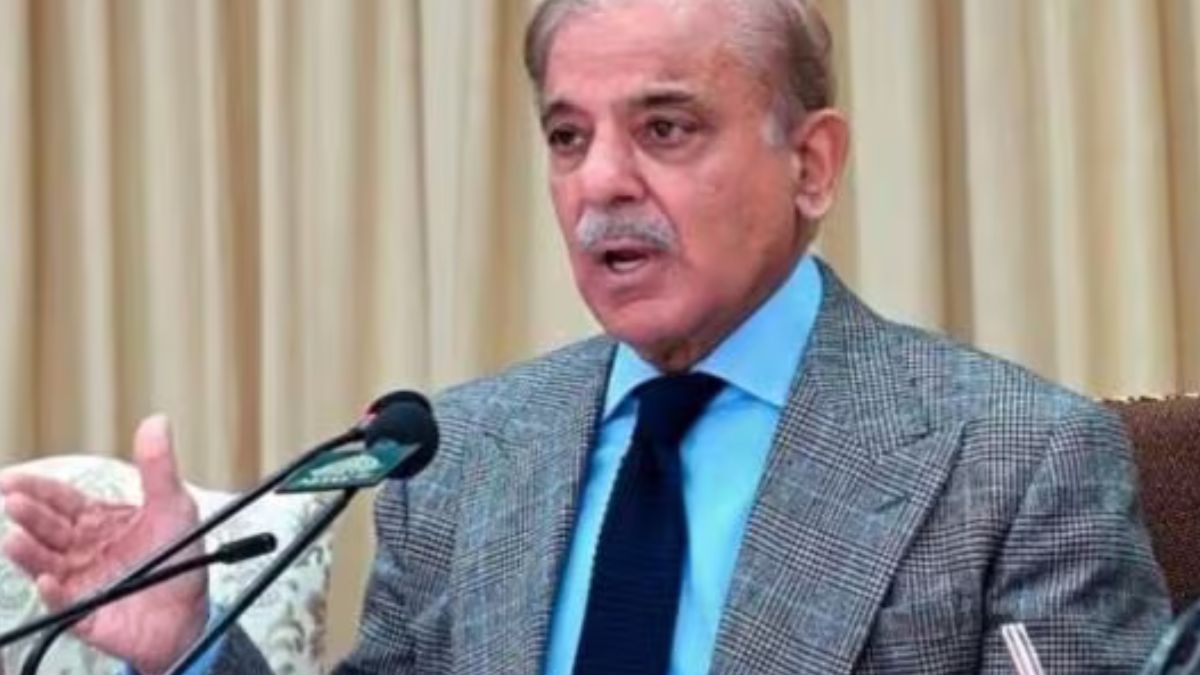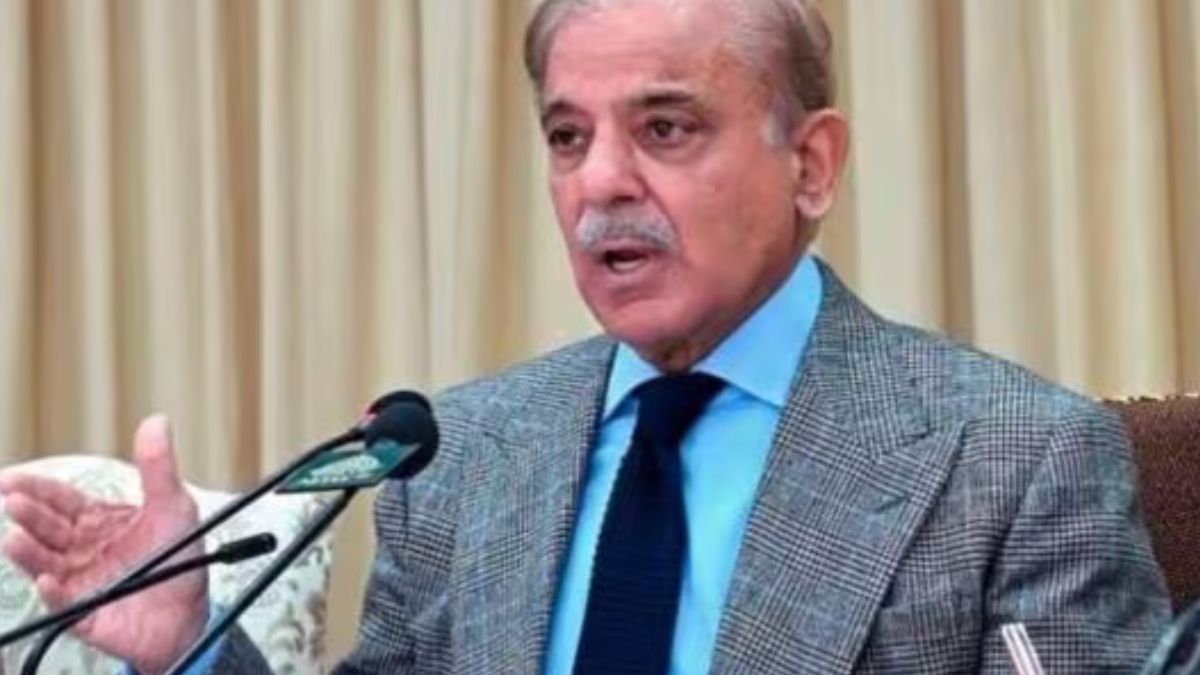Early in the summer of 1978, in an India illuminated by the restoration of its democracy after then-prime minister Indira Gandhi’s Emergency, the police dragged Ghulam Nabi Patel from his home in Srinagar’s Batamaloo into the darkness of the city’s central jail. The bus driver’s offence, such as it was, seemed to have been to fight the elections of 1977 against the state’s political patriarch, Sheikh Muhammad Abdullah. He was the first prisoner held a new law enacted that year, the Public Safety Act, giving the state the power to arrest people for no actual crime.
No-one really noticed, not even Patel’s allies in the Janata Party — who were, until the previous year, themselves victims of illegal arrests and torture by the prime minister’s regime.
Forty years after his arrest, Patel was executed by a Hizbul Mujahideen hit during a rare visit to the village of Yader Shadimarg, to finalise arrangements for his daughter’s wedding. The bullets ended a long, if less-than-illustrious career that had led him through the Congress and the Peoples Democratic Party.
No-one really noticed: Indeed, the Congress claimed he was a PDP worker, and the PDP insisted he belonged to the Congress. In 2018, with a great Islamist-led uprising looming over south Kashmir, neither party wanted to condemn the Hizb.
***
As Indians debate the incarceration of three former chief ministers under the PSA — Sheikh Abdullah’s son, Farooq Abdullah; grandson, Omar Abdullah; their dogged opponent, Mehbooba Mufti— it’s critical to understand the PSA isn’t significant just for its constitutional perversions. Instead, it’s the keystone of the dysfunction at the heart of India’s troubled relationship with Kashmir. In the course of its decades-old struggle against Pakistan-backed Islamists, the Indian republic has ended up undermining its own values and promise.
In August, Prime Minister Narendra Modi’s government de-operationalised Article 370 in the Valley, promising to end the special status it argued had sundered Kashmir from the country. Instead, it’s ended up reliant on the worst features of that dystopia.
The government fears popular political leaders could, if let out of jail, mobilise against its policies, endangering the fragile peace its succeeded in ensuring. There’s a price to be paid for all political action, though — and history teaches us that, in this case, the bill could be substantial.
Legislated into force in 1978, the PSA allows the Jammu and Kashmir government to detain, without trial, “persons acting in any manner prejudicial to the security of the State” for up to two years. In addition, it allows detention for up to one year where “any person is acting in any manner prejudicial to the maintenance of public order”. These determinations are made by executive officials — not judges.
In 1977, when the PSA was first introduced as an ordnance — kept secret from the public for eight days, before news leaked — Sheikh Abdullah had argued it was needed to fight crimes like timber-smuggling. He never bothered to explain why police and regular courts weren’t up to the job.
The truth was the PSA had everything to do with politics, not timber-smugglers. In the 1977 Jammu and Kashmir elections, the Janata Party had allied with Kashmir’s Islamist party, the Jama’at-e-Islami, the first credible political threat to the National Conference’s long-standing hegemony.
Faced with credible opposition, Sheikh Abdullah turned to stoking Kashmir’s communal anxieties. He accused the Jama’at of allying with “those whose hands were still red with the blood of Muslims”. National Conference leaders began administering oaths to their cadre on the Quran and a piece of rock salt — a popular symbol of Pakistan.
The campaign paid off: Even though the National Conference was decimated in the Hindu-majority constituencies of Jammu, it won all 42 seats in Kashmir. Then, to make sure the Opposition didn’t recover, the police was unleashed against Jama’at leaders like Patel.
But there was worse to come: The law used to arrest Ghulam Nabi Patel would also breed the terrorists who would kill him.
***
Kashmir’s long jihad saw the PSA holding up an incarceration perpetual-motion machine, with the state rearresting individuals on fresh warrants as soon as they were released. Although no official statistics have been published, Amnesty International estimates that there have been some 20,000 arrests under the Act since 1978. Between March 2016 and August 2017 — the period of the uprising sparked off by the killing of Hizbul commander Burhan Wani — there were over 1,000 arrests under the PSA, researchers Ayjaz Wani and Dhaval Desai have recorded .
Even though the courts stepped in — quashing 1,706 detention orders between 2008 and 2017; 215 in 2016 alone — the state government essentially did as it wished, even choosing not to frame rules for the implementation of the PSA.
This ought not, of course, surprise us: Panicked States across the world behave in much the same way. The United Kingdom interned prisoners without trial in Northern Ireland; in Kenya, it set up gigantic concentration camps . The United States did much the same in Iraq. In the United Kingdom and Australia, control orders allow the state to impose restrictions on the liberties of terrorism suspects, without conviction for any crime.
Experience, though, teaches us this: It doesn’t work.
Britain left Kenya a generation earlier than it planned; in Iraq, the United States faces defeat. And there’s nothing to show control orders have stamped out jihadism.
***
Far from crushing dissent, the use of the PSA by Sheikh Abdullah gave the religious Right legitimacy and social capital. In the build-up to the 1987 elections, the Right had coalesced into the Muslim United Front — whose leaders, clad in the white robes of the pious, publicly declared that Islam could not survive under the authority of a secular state. The elections were rigged to prevent an Islamist victory, and figures like Hizbul Mujahideen’s chief, Muhammad Yusuf Shah, later incarcerated under the PSA.
Prem Nath Bazaz noted that Abdullah’s use of the PSA led young Kashmiris to conclude that New Delhi had “had thwarted their progress and deprived them of several political and human rights enjoyed by all the other Indians”.
These weren’t the only costs. The police lost reason to gather evidence and build credible prosecution cases. Each year, India has had to repatriate Pakistani terrorists, because investigators haven’t troubled themselves to find evidence. Among them: Muhammad Suhail Malik and Waseem Ahmad, alleged to have participated in the killing of 36 Sikhs in the south Kashmir; Nasrullah Mansoor, the jihad commander who co-founded the Harkat-ul-Jihad-e-Islami, and claimed responsibility for dozens of terrorist attacks.
In effect, the PSA has enabled terrorists, kleptocrats, extortionists and hawala-dealers to claim the halo of martyrdom.
Kashmir’s political leadership long recognised this — but found, in office, that its lure is irresistable. Both Mehbooba Mufti and Omar Abdullah railed against the PSA, but used it against secessionist leaders. Then, facing public ire, both politicians swung the other way granting amnesties thousands of rioters arrested after the uprisings of 2010, 2012 and 2016.
For generations, India has failed to uphold its own constitutional values in Kashmir. Put simply, the justice was released to a political whim. That, in turn, legitimised the macabre politics, and savage violence, of the jihadists committed to destroying it. Like the addict’s fix, Kashmir’s PSA makes pain disappear — but the price is the slow, agonising death of our republic.


)




)
)
)
)
)
)
)
)